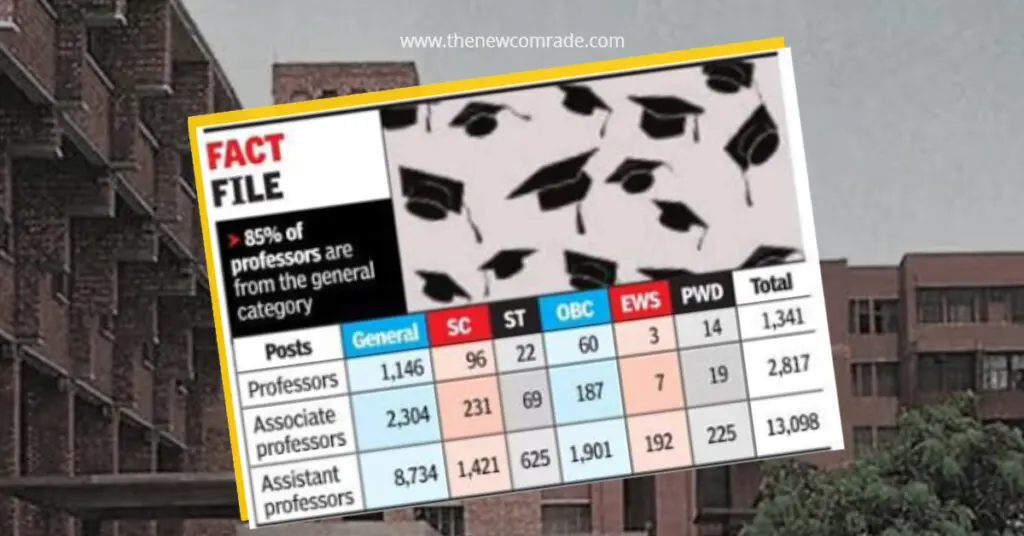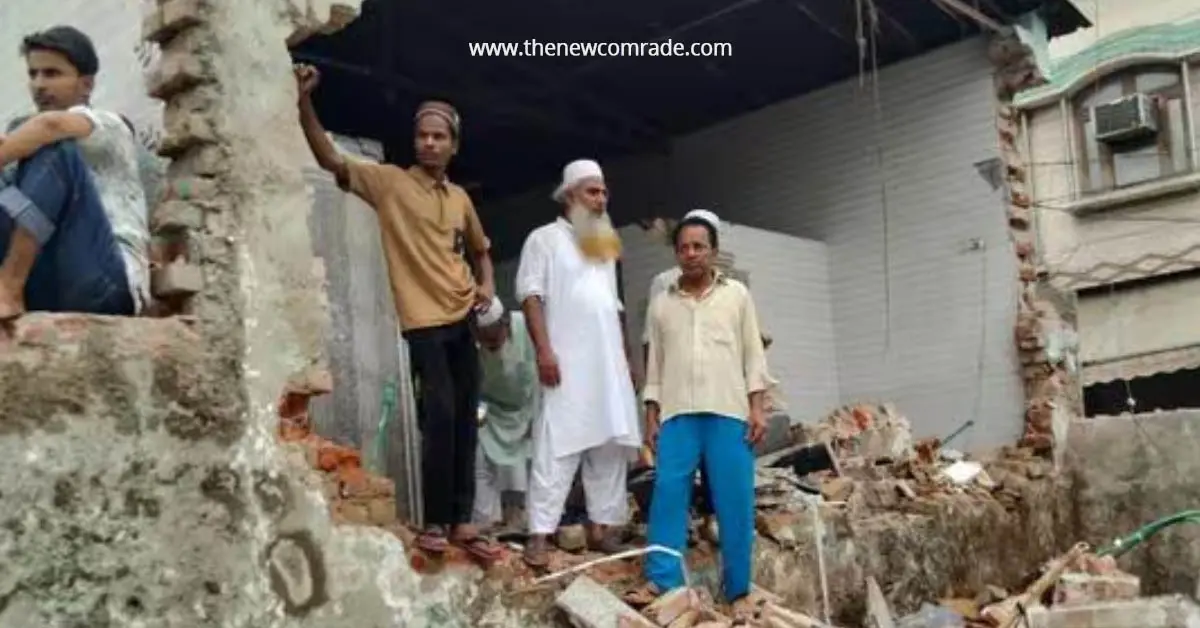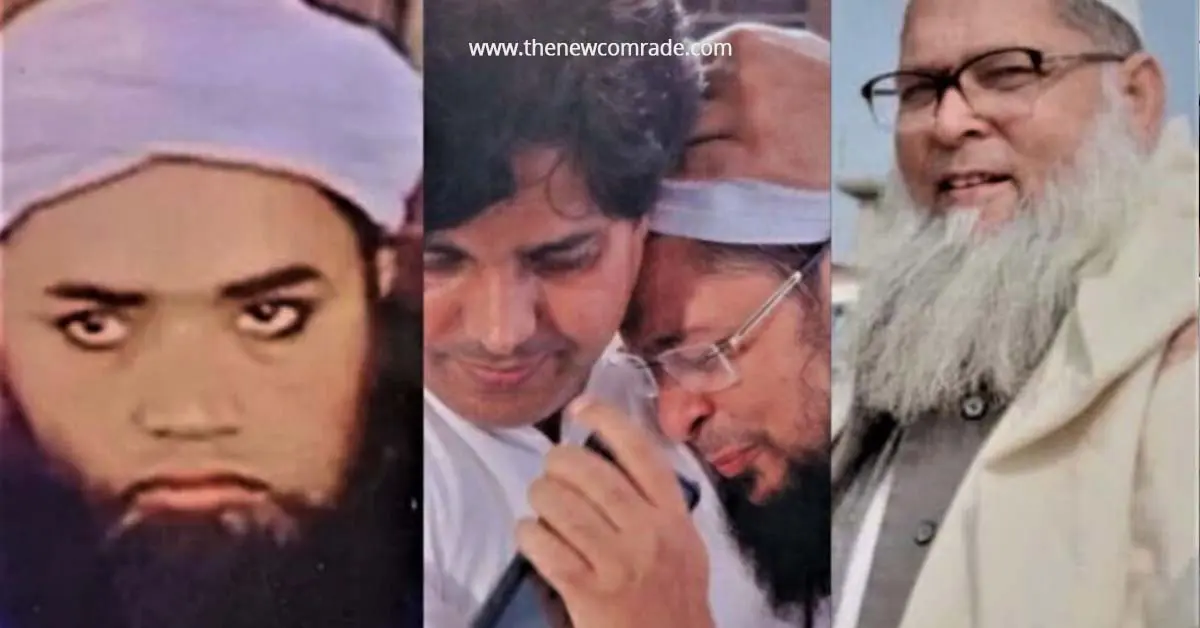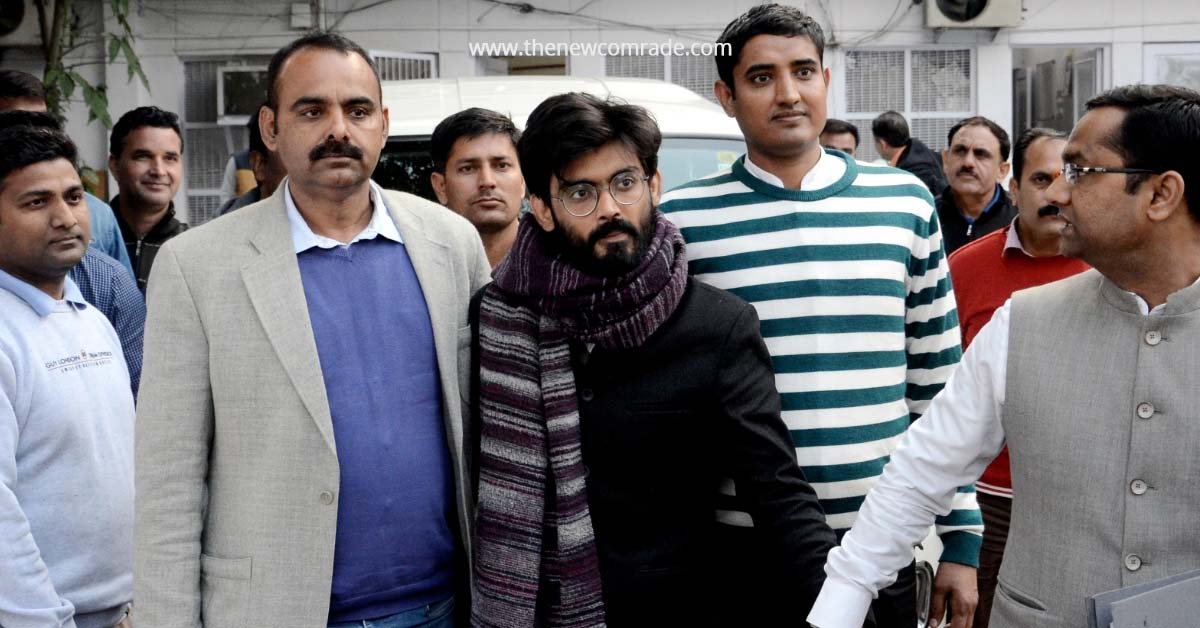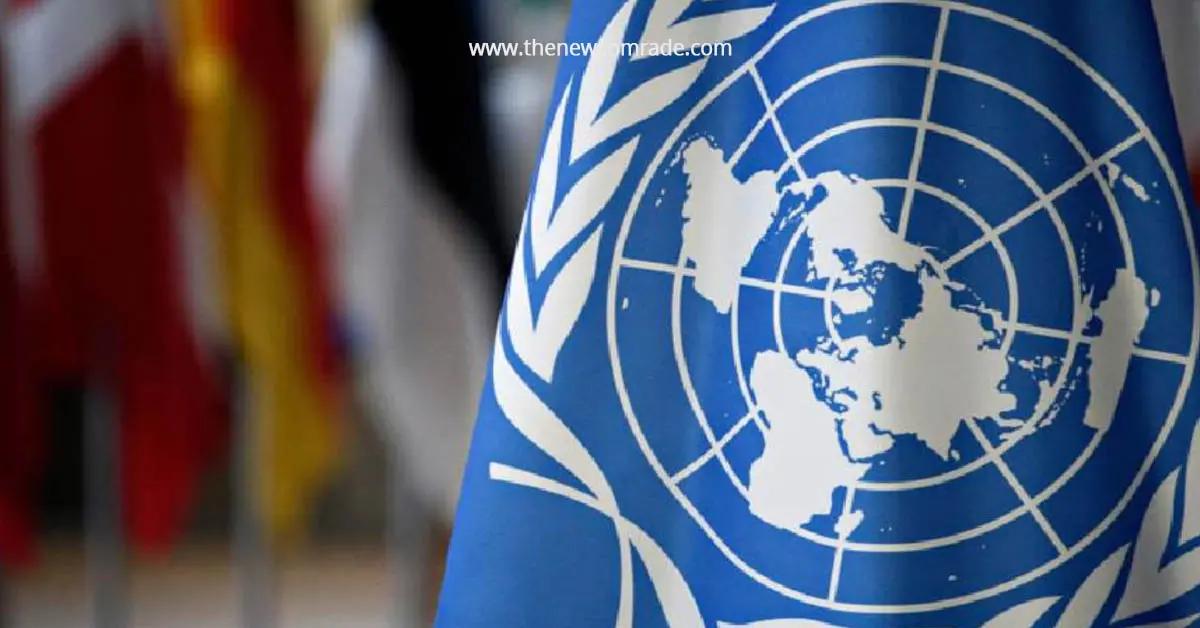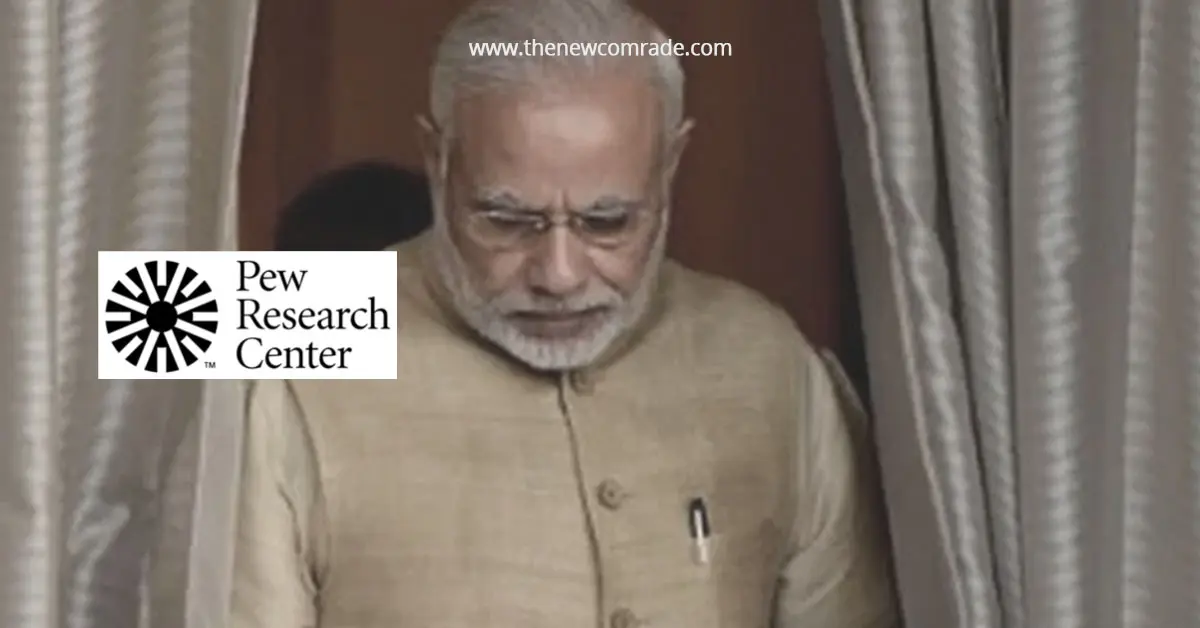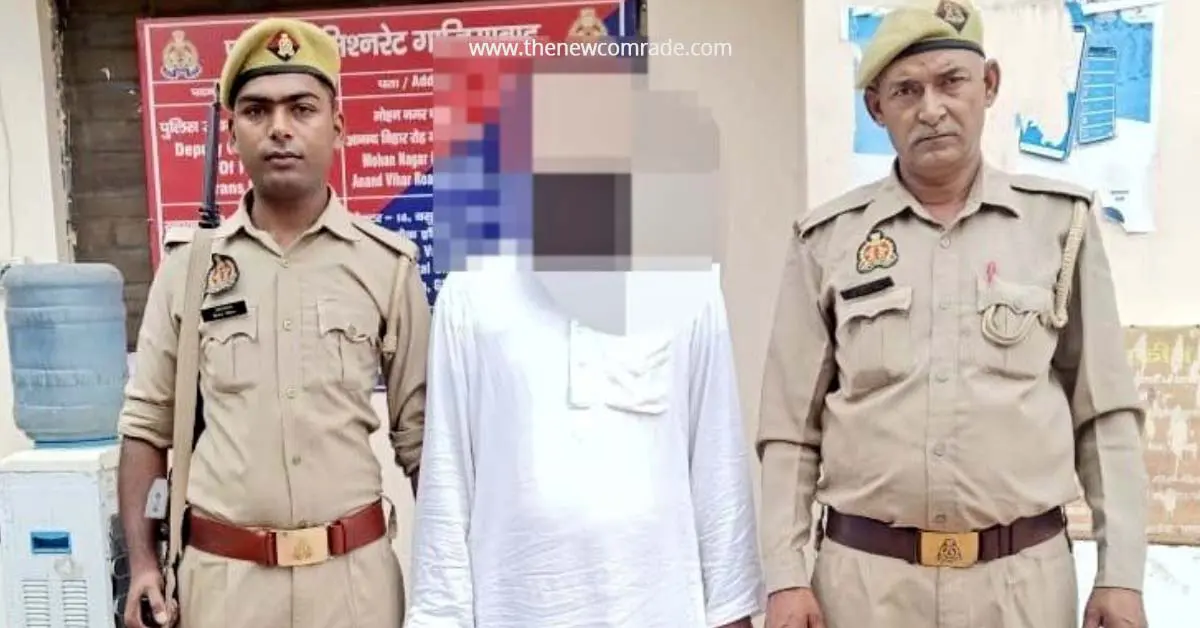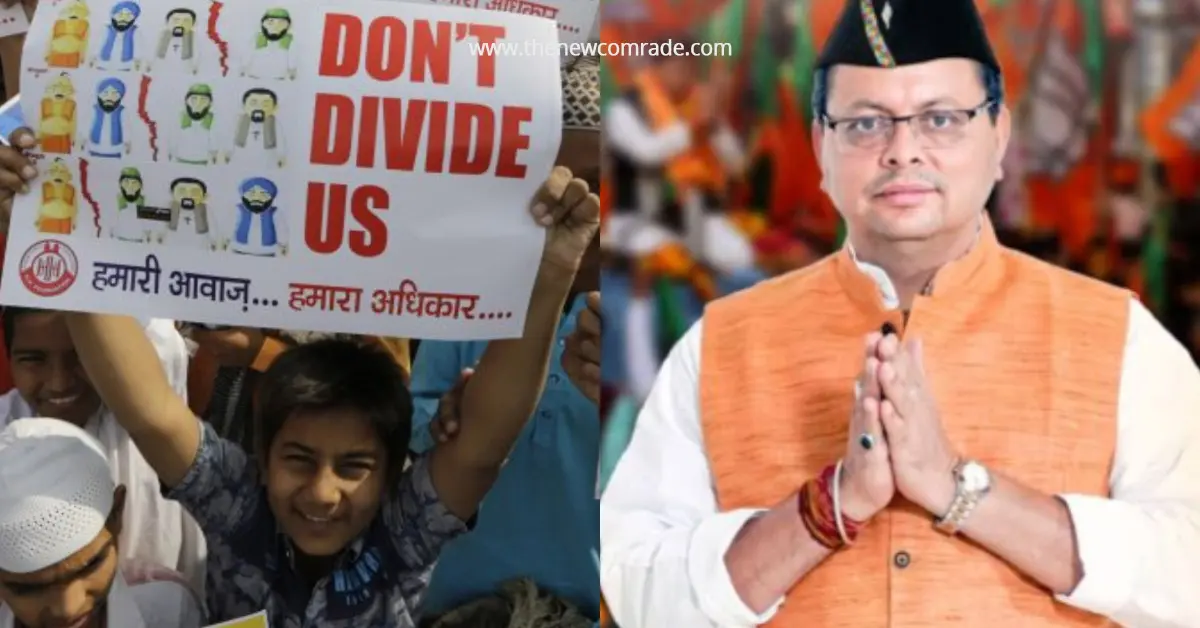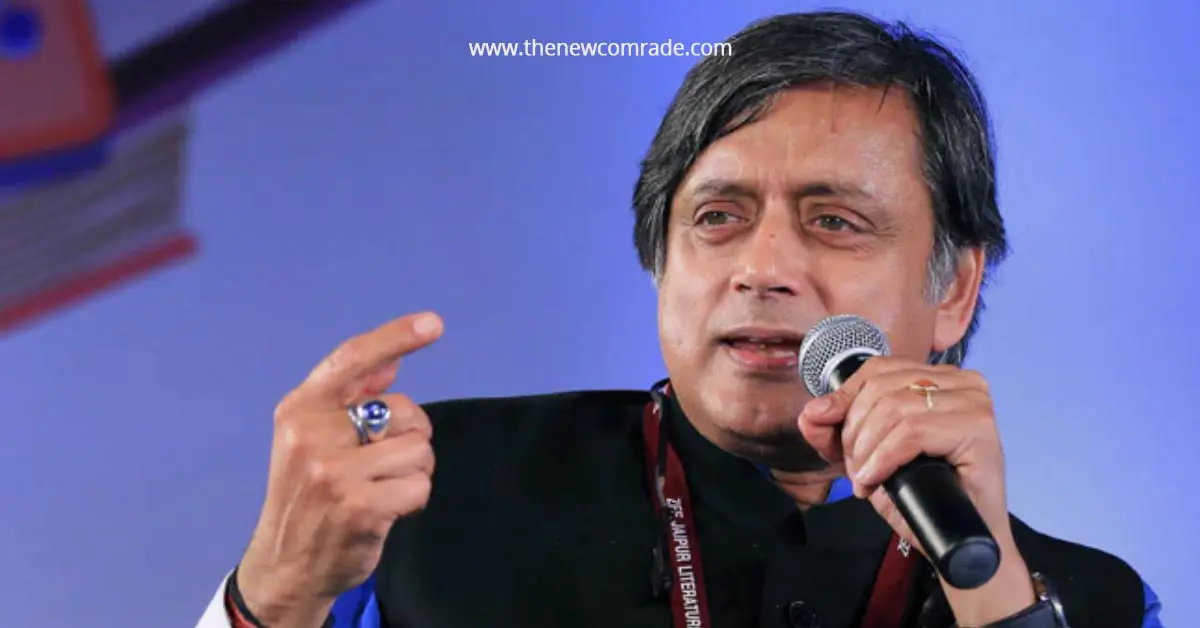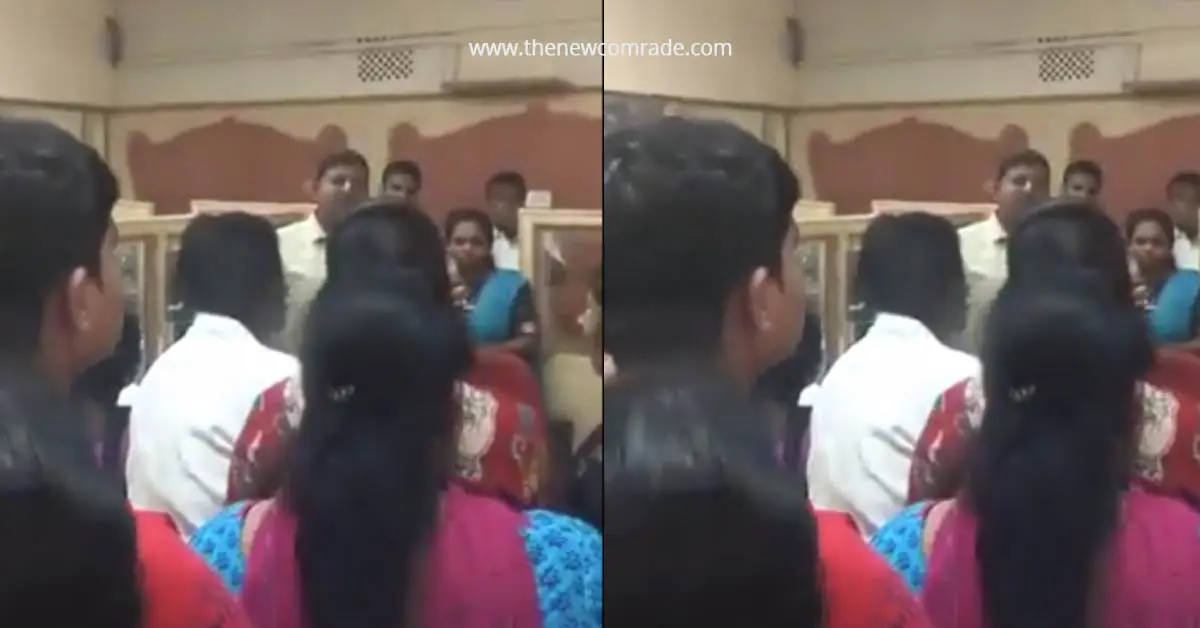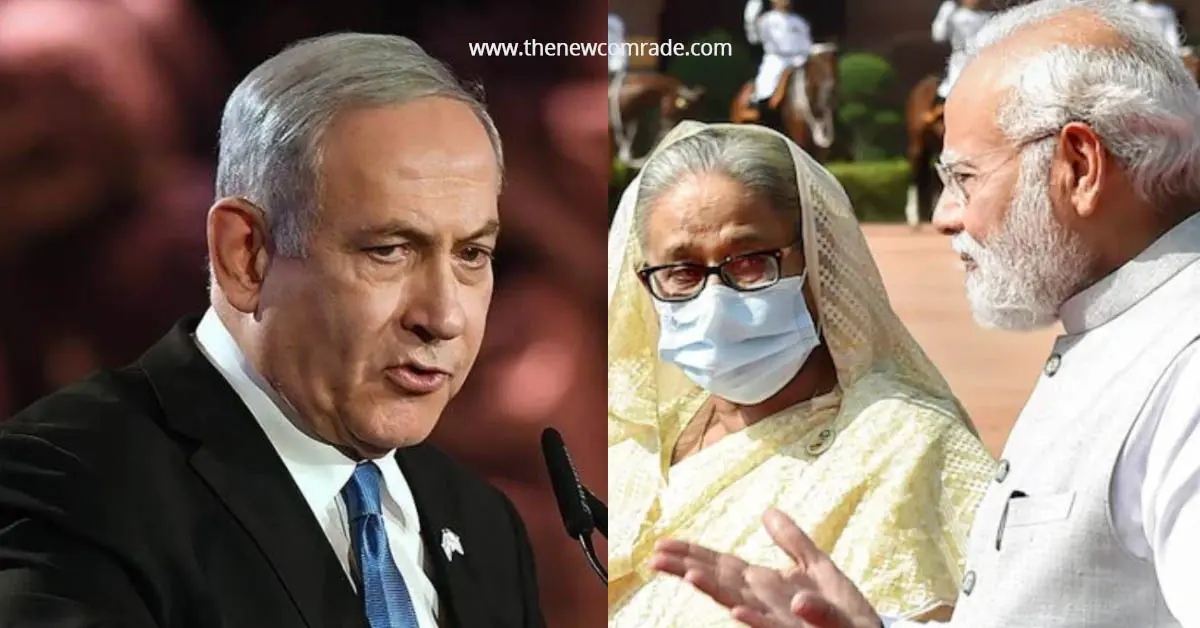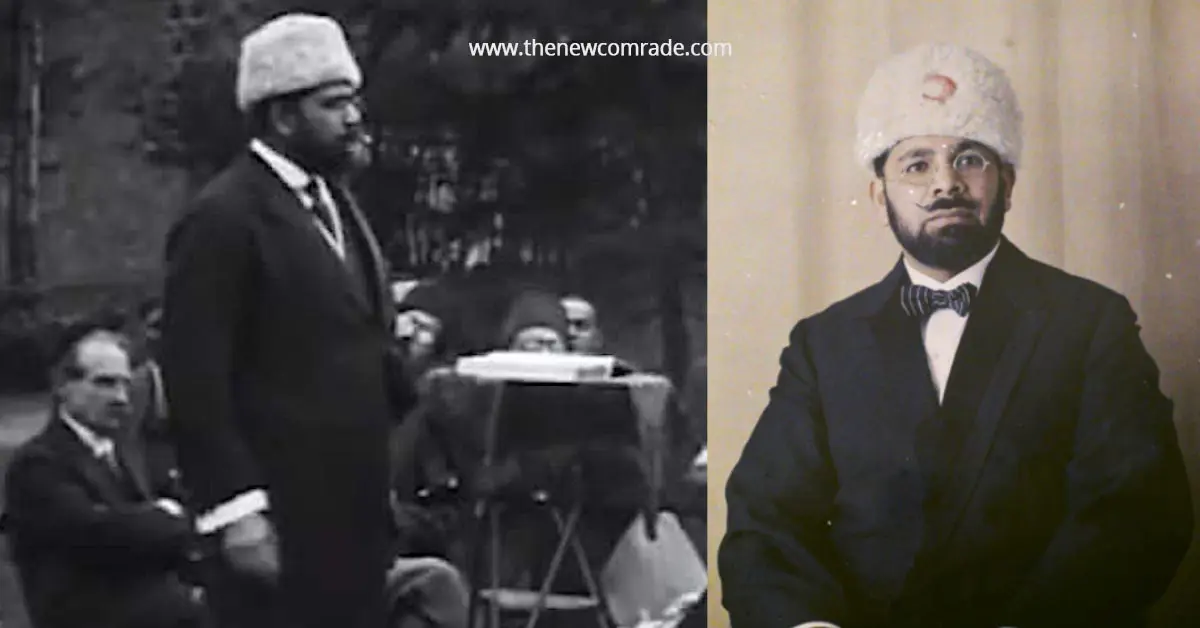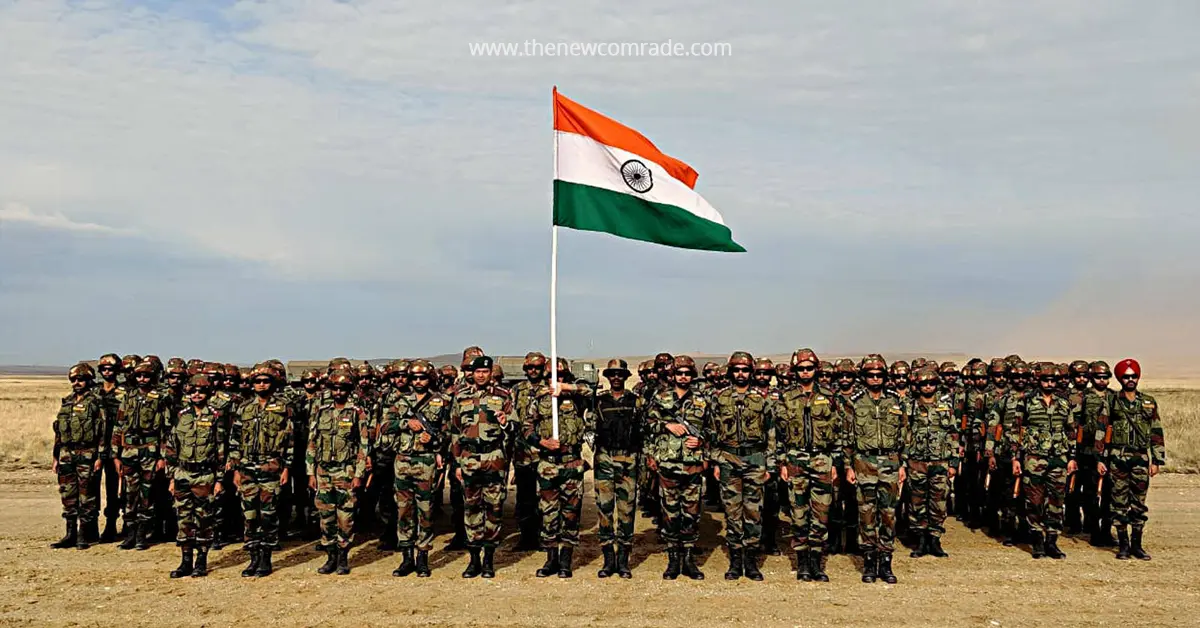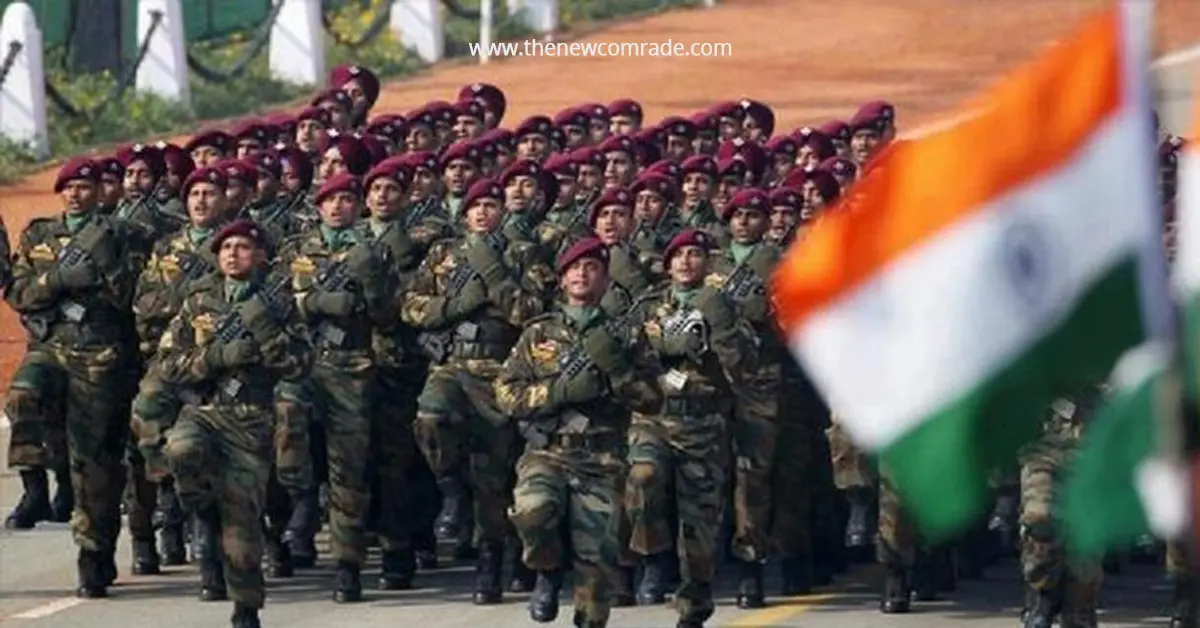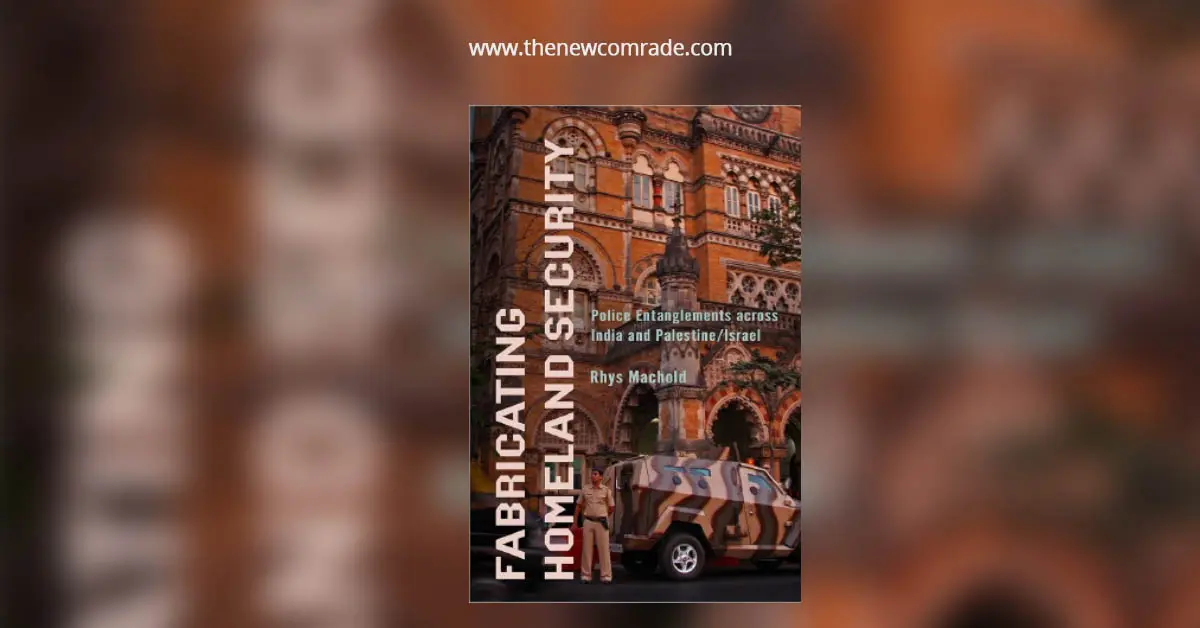According to the data submitted by Union Minister for education, Subhas Sarkar in the Lok Sabha, only 4% of professors, 6% of associate professors and merely five chancellors in 45 central universities belong to the OBC community. The minister stated these facts while responding to a question posed by Sanjeev Kumar Singari from Andhra Pradesh regarding representation of reserved categories in Central universities.
Fact files as reported in the Times of India show that around 85% of Professors are from the general category while representation of Professors and Assistant Professors from the OBC is lower than that of the SCs. Although the representation of OBCs at the entry level of assistant professors is slightly better, the 27% reservation for OBC is yet to be filled.
Former vice-chancellor of Madras University, SP Thyagarajan urged for a separate drive at the national level to fill OBC Vacancies which would attract qualified faculty members from OBCs from all over the country.
Data presented by the education ministry a few months back in the Lok Sabha, showed that only 30% of faculty vacancies under the reserved category were filled at the Indian Institute of Technology and Central Universities despite a year-long recruitment to fill these posts. The Wire also reported that ‘the IITs were flouting reservation policy in faculty recruitment and it appeared as though they were exclusively employing ‘upper-caste’ teachers.’
In his statement given to the Times of India, G Karunanidhi, General secretary of All India Federation of Other Backward Classes Employee Welfare Associations argued that eligible OBC candidates are not able to apply to central universities due to the rule of creamy layer. The low-income ceiling prevented the sons and daughters of government employees from applying for such posts. Therefore, he demanded that the concept itself should be removed.
